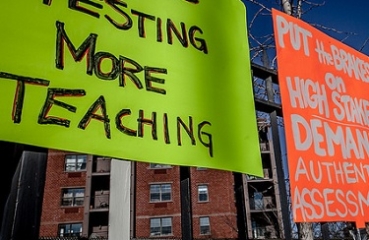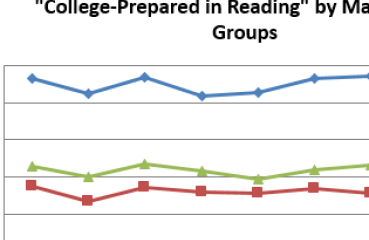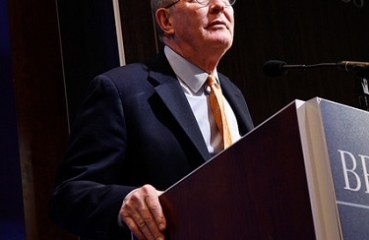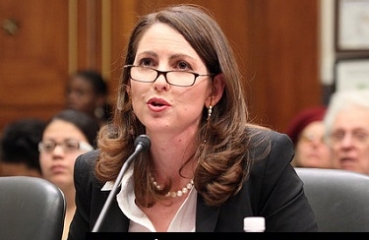House committee leadership: Don’t destroy education evaluation and research (or you'll never know what programs and schools are effective)
Since its passage in 1974, the Family Educational Rights and Privacy Act (FERPA) has struck a careful and reasonable balance between the privacy of students and families and the need for timely and accurate information on the state of U.S. schools and school systems.










